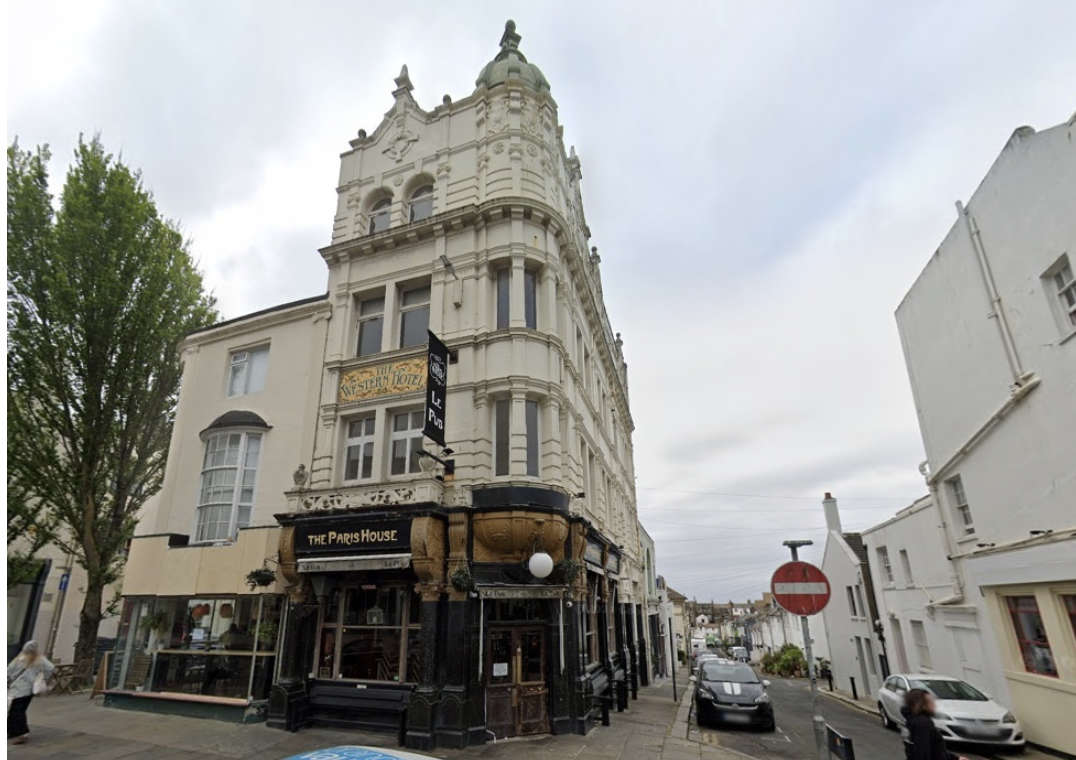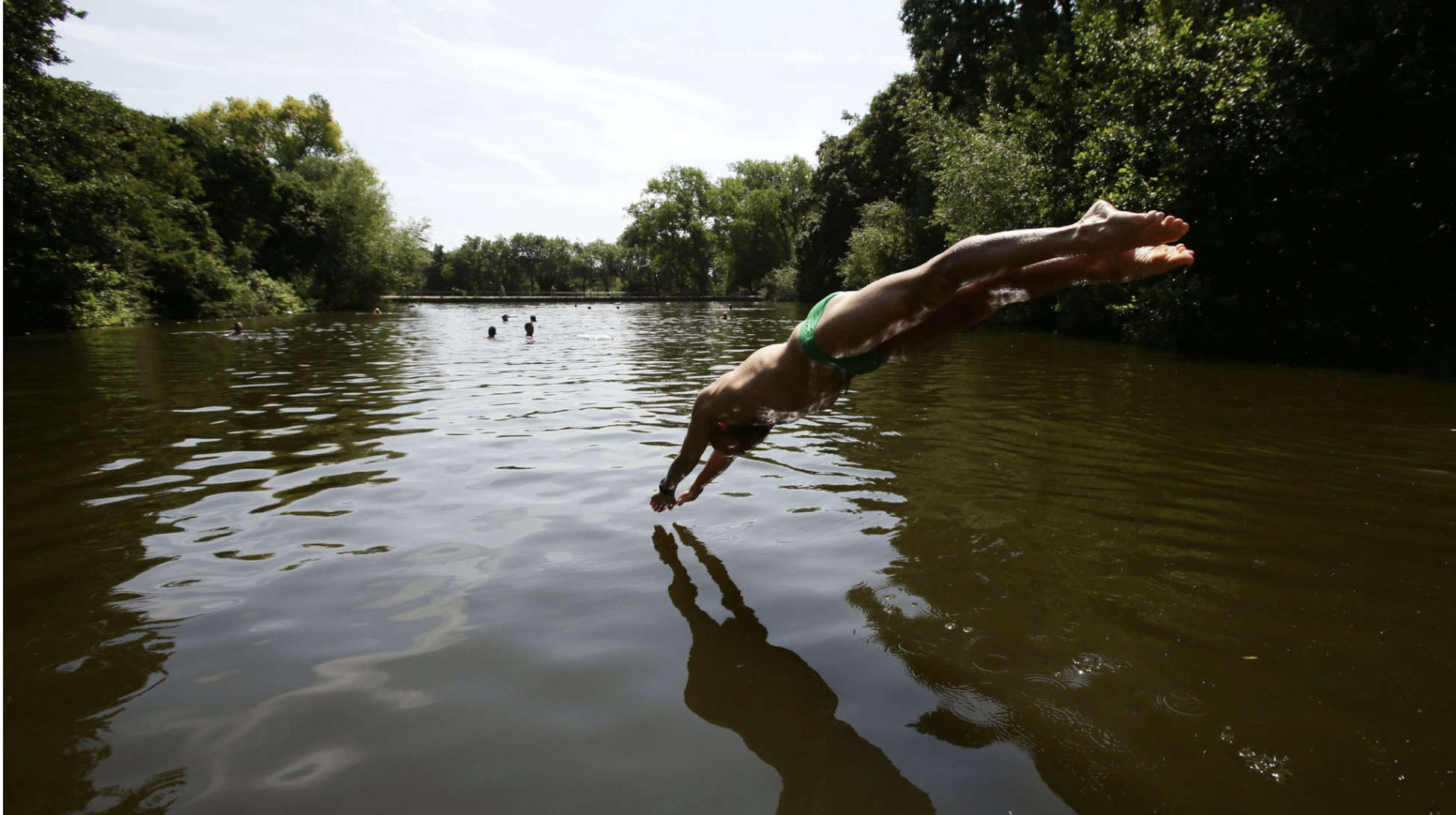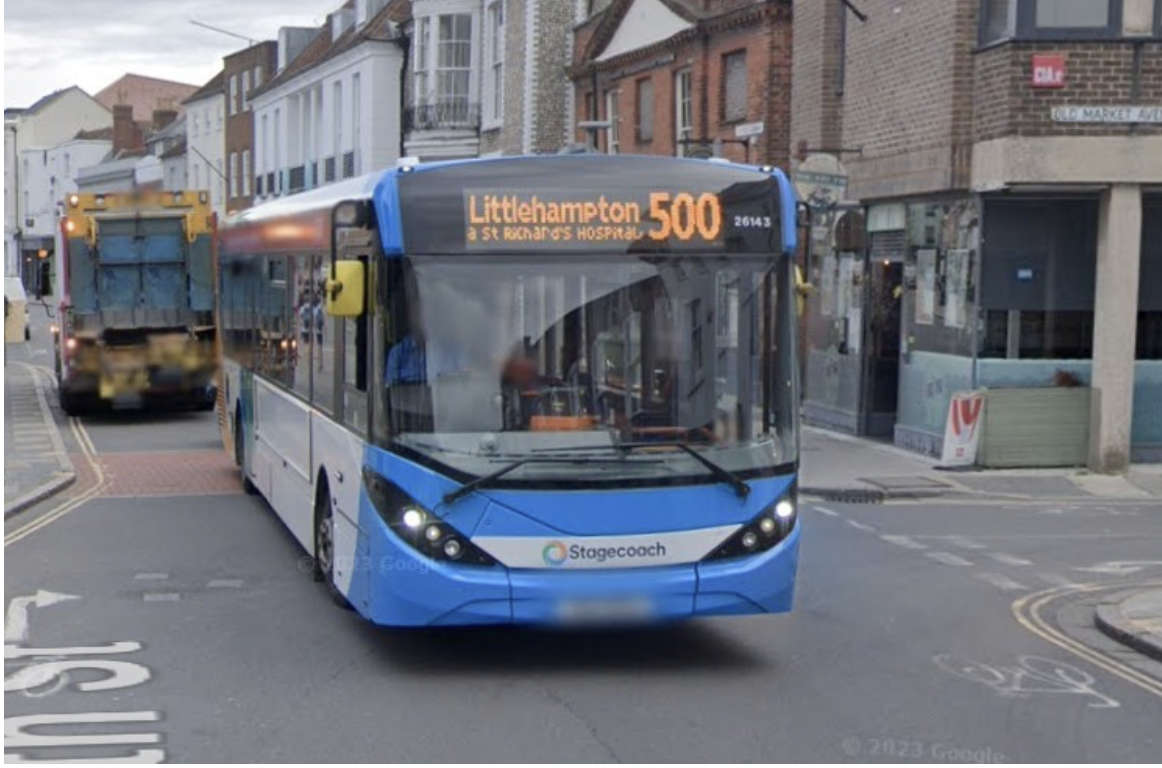
Face masks are no longer required as England moves out of the government’s COVID Plan B and limits on visitors in care homes will be lifted.
The rules introduced over the Christmas period due to the rise of the Omicron variant have lapsed.
The other nations in the UK are also moving to less stringent restrictions, but are not opening up to the level of England.
The advice for pupils and staff to wear masks in classrooms was removed on 20 January, and work from home advice eased on 19 January.
Health Secretary Sajid Javid said:
"The tireless efforts of NHS and care staff, and the army of volunteers, as well as the phenomenal response of the British public means over 37 million people have been boosted. I want to thank everyone who has come forward to get boosted now.
"Our vaccines, testing and antivirals ensure we have some of the strongest defences in Europe and are allowing us to cautiously return to Plan A, restoring more freedoms to this country.
"As we learn to live with COVID we need to be clear eyed that this virus is not going away so if you haven't already - please come forward for your first, second or booster jab."
However, some companies and services are continuing to ask people to wear masks.
Face coverings will still be mandatory on Transport for London services.
And supermarkets Sainsbury's and Waitrose will be asking people to continue wearing masks in their shops.
On Tuesday this week, Transport Secretary Grant Shapps announced that, from 4am on 11 February, there will be no requirement for vaccinated passengers arriving in England to do post-arrival lateral flow tests, but they will still need to complete a passenger locator form.
Those who are not fully vaccinated - two jabs, or a single Janssen jab - will need to test before they depart for England, and take a post-arrival PCR test, and complete a passenger locator form.
But they will no longer need to isolate, or complete a day eight test.
Looking further ahead, the requirement for people to self isolate after testing positive for COVID is set to lapse on 24 March - and Boris Johnson has indicated he does not expect to renew them.
Elsewhere in the UK, Scotland announced the reopening of nightclubs and scrapping social distancing this week.
Work from home is still being advised, and face coverings remain on public transport and in indoor public places.
Crowds are set to return to Welsh sporting events in the next fortnight, and nightclubs will also reopen.
Nightclubs reopened this week in Northern Ireland, although a domestic COVID certificate was still required for entry.
Dr Susan Hopkins, the chief medical adviser for the UK Health Security Agency (UKHSA), said:
"The recent decline in community case rates and individuals requiring hospitalisation is encouraging and it's thanks to the public, who have taken up vaccination and followed the Plan B measures closely, that we've got to this point.
"However we should not be complacent. The pandemic is not over yet and we will need to remain cautious to reduce the spread of COVID-19 in our communities.
"I encourage everyone to get the vaccine as soon as they can, to continue testing regularly with lateral flow tests - particularly before periods of high risk and before seeing anyone who is vulnerable - and to take a PCR test if they have symptoms."
Trade union and professional body representatives for the healthcare sector have criticised the easing of restrictions.
British Medical Association chair Chaand Nagpaul said the decision to move to Plan A was "not guided by the data".
And Matthew Taylor, the chief executive of the NHS Confederation, said:
"We will have greater freedoms, but the cost - at least in the short term - will be that more people are likely to get sick with COVID and that the health service will continue to have to deal with the extra burdens that this creates."
Care Homes
From Monday 31 January, care home residents will be able to receive unlimited visitors while self-isolation periods will be cut from 14 days to 10 for those who do test positive for the virus.
Care homes will have to follow outbreak management rules for 14, rather than 28, days.
By Wednesday 16 February, care workers will be asked to take lateral flow tests before their shifts, replacing the current system of weekly PCR tests.
The move comes as government data shows 86.5% of care home residents have had their booster jab.
Health and Social Care Secretary Sajid Javid said:
"I know how vital companionship is to those living in care homes and the positive difference visits make, which is why we continued to allow three named visitors and an essential care giver under Plan B measures.
"Thanks to the progress we have made, I am delighted that care home restrictions can now be eased further allowing residents to see more of their loved ones."
COVID crisis: Are care homes now safer?
In December, it was announced care home residents would only be allowed three named people who can visit regularly, to try and protect them from the rapidly spreading Omicron variant.
The government said it changed the rules for care home visits "to balance the current COVID-19 risk and the need to keep people safe in line with clinical advice".
Staff testing was also ramped up, to three lateral flow tests per week, as well as a weekly PCR.
The announcement comes as England moves out of the government's Plan B rules, with face masks no longer legally required in any setting from today and venues no longer required to use the NHS COVID pass system.
The UK's other nations are also moving to less stringent restrictions, but are not opening up to the level of England.


 PHOTOS: Ed Sheeran Makes Surprise Visit To Brighton School
PHOTOS: Ed Sheeran Makes Surprise Visit To Brighton School
 Hove Bar Licence Reviewed After Years Of Complaints
Hove Bar Licence Reviewed After Years Of Complaints
 Record Number Of Wild Swimming Spots Designated As Bathing Sites - With Three More In Sussex
Record Number Of Wild Swimming Spots Designated As Bathing Sites - With Three More In Sussex
 Council Calls On West Sussex Residents To Consider Fostering
Council Calls On West Sussex Residents To Consider Fostering
 Meghan, Duchess Of Sussex, Says Nigeria Is 'My Country' On Visit With Prince Harry
Meghan, Duchess Of Sussex, Says Nigeria Is 'My Country' On Visit With Prince Harry
 Two Men Wanted In Connection With Hastings Fatal Collision
Two Men Wanted In Connection With Hastings Fatal Collision
 M25 Reopens Seven Hours Ahead Of Schedule
M25 Reopens Seven Hours Ahead Of Schedule
 More 'Live' Bus Information Screens To Be Installed In West Sussex
More 'Live' Bus Information Screens To Be Installed In West Sussex
 Rare Bee Found In Lewes
Rare Bee Found In Lewes
 Event Bookings Go Live For Worthing Festival ‘24
Event Bookings Go Live For Worthing Festival ‘24